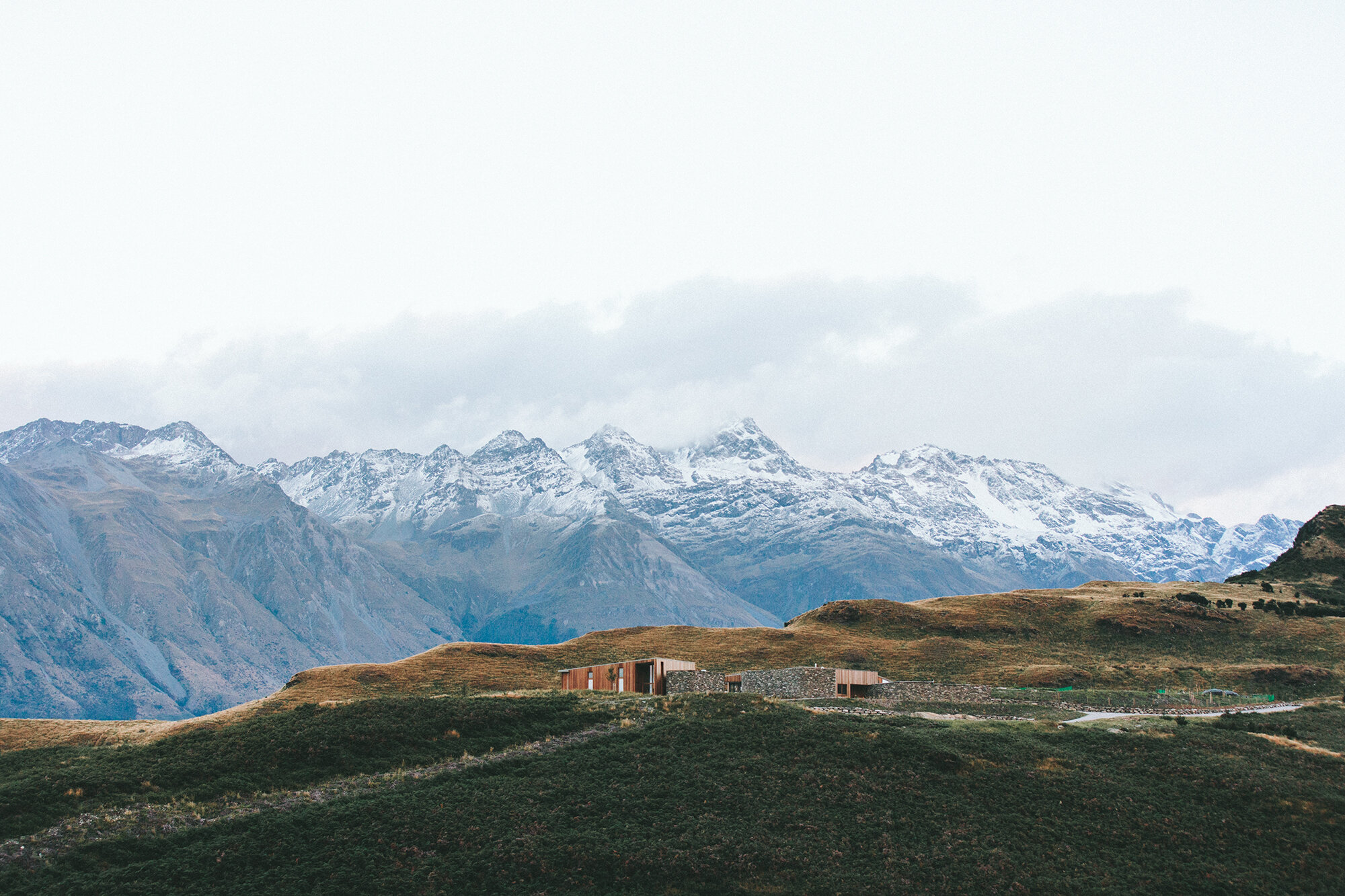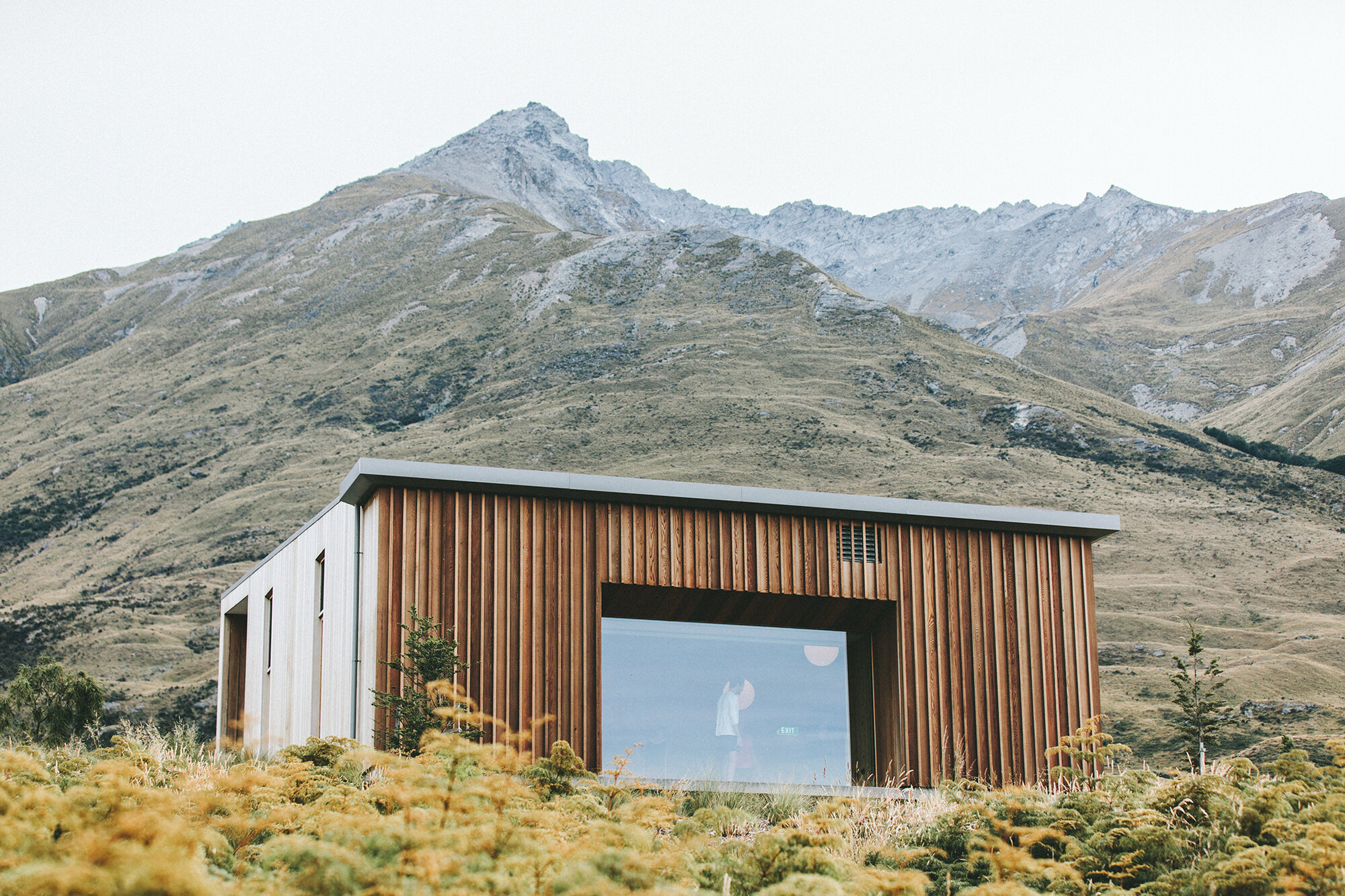
Education
Children in the Wilderness is Wilderness Safaris’ non-profit partner, focused on inspiring the next generation of environmental leaders. CITW programs include:
Eco-Clubs, which introduce elementary school children to environmental issues in their area
Youth Environmental Stewardship (YES) Clubs, for high school students who are interested in conservation and the environment
A Scholarship Program, which currently supports more than 600 children, helping them finish school and find employment
Climate Justice for All’s work with Children in the Wilderness involves partnering with projects in the Ngamo and Ziga communities neighboring Hwange National Park. There, we are educating local communities about the human-wildlife conflict, and also supporting social projects that drive the local economy and community– including a glass recycling project, and an initiative to reuse plastic in traditional basket-making.
This summer, I spent some time at a CIW school that educates kids from elementary to junior high, as well as high school and college for a smaller group. This is hugely important as ordinarily in Zimbabwe, public education ends at age 13. After that, students must pay to continue their education privately.
The kindergarteners at this school showed me their library, with new picture books they could check out and take home, and their school garden where they were learning to grow seasonal plants. I also spoke with the head of school, and was inspired by how much she adores the students – like they are her own children.

Human-wildlife conflict
Wild dogs, also known as Painted Dogs, are unwelcome visitors in Zimbabwe. Despite there being less than 7000 of them left in the whole of Africa, most locals believe them to be dangerous and numerous: and a threat that must be eliminated.
Painted dogs are often injured and killed in snares or on roads. Additionally, expanding human settlements and activity has reduced suitable habitat for them and their prey. They are also susceptible to diseases such as rabies and distemper from domestic dogs.
Climate Justice for All supports Painted Dog Conservation (PDC), which works on the ground to support the dogs in a number of ways. They run an anti-poaching unit that removes snares, a research unit that tracks and monitors packs, and a rehabilitation facility for injured dogs. They also facilitate outreach programs that educate the local community on the dogs.
Founded in 1986, WildCRU was the first university-based conservation research unit in Europe.
Part of the University of Oxford’s Department of Zoology, WildCRU underpins solutions to conservation problems through primary scientific research.
WildCRU’s approach is empirical, interdisciplinary and collaborative, seeking to include all four elements of its “Conservation Quartet” research to understand and address problems; education to explain them; community involvement to ensure participation and acceptance; and implementation of long-term solutions.
Climate Justice for All supports Dr Jane Hunt work regarding lion conservation in Zimbabwe. Dr Hunt was the first woman in Zimbabwe to qualify as a Professional Safari Guide, and specialized in horseback safaris for many years. She joined Hwange Lion Research in 2003 and has since been running the fieldwork and helping with the management of the project in Zimbabwe.
African lion populations have suffered an estimated 75% range reduction in the last 100 years. Continent wide, there may be as few as 20,000 lions left in the wild with many isolated populations recently disappearing or facing imminent extinction, for which habitat loss and human-wildlife conflict have been identified as primary drivers.
Using tracking tags, Dr Hunt is able to gather data on prides of lions living within and around Hwange National Park, and analyze territories as well as lifespans. Using this data, Dr Hunt and her team are able to propose and implement solutions for lions and humans to cohabitate territories successfully.

Anti-Poaching
The Victoria Falls are one of the Seven Natural Wonders of the World and have been designated a World Heritage Site under the UNESCO World Heritage Convention. The Falls are surrounded by the 2,340 hectare Victoria Falls National Park and the 57,000 hectare Zambezi National Park, bordering the southern bank of the river.
Climate Justice for All supports the Victoria Falls Anti-Poaching Unit (VFAPU), which works to address three types of poaching:
Commercial Poaching
For plant and animal products such as ivory, horns, feet, and skins, which can be illegally sold for profit. In the Victoria Falls area the most common animals poached for commercial purposes are elephants, but smaller animals such as porcupines and Guineafowl are targeted for quills and feathers. Recently the escalation of both black and white rhino poaching across southern Africa is of great concern.
Environmental Poaching
The poaching or removal of the plants, trees, rock, soil, and other elements which make up wilderness habitat. With the deteriorating economic situation the increase of poaching on the environment has grown exponentially. River sand is being poached for use to make bricks for shelter. Quarry stone is being taken for construction purposes. Trees are being cut down for firewood, carvings, and structural supports. Plants are being taken for food.
Subsistence Poaching
Mammal poaching is of great concern as the bushmeat trade poses one of the greatest threats to Africa’s wildlife populations. Research has shown that between 1.9 and 3.5 million tons of bush meat are consumed in Central and Southern Africa annually.
Gangs of poachers target a variety of mammal species such as buffalo, kudu, eland and impala, and set snares in order to catch these mammals as they migrate to and from food and water sources. These wire death traps cause tremendous suffering to mammals, sometimes taking the victim several days to die after having been snared.
VFAPU has 17 full time scouts patrolling Zambezi National Park to search for any mammals injured by a snare or poacher. They remove the snares and also have a rehabilitation facility in which they care for injured animals. They also run educational programs in local communities.
Since 2000, 37 study lions have been accidentally killed in snares set for other wildlife in Hwange National Park. This excludes the 38 lions intentionally snared in retaliation for livestock losses. Accidental snaring accounts for 21% of recorded lion mortalities and amounts to a cause-specific mortality rate of 0.185 for radio-collared individuals.
Climate Justice for All supports the Scorpion Anti-Poaching Unit (SAPU), which works in partnership with Zimbabwe Parks and Wildlife Management Authority (ZimParks), to protect 56,000 hectares in the south-eastern region of Hwange, mostly by removing snares and collecting data. Since inception in 2011, the unit has made great progress in reducing poaching within the Park. With the data SAPU collects, the ZimParks can detect poaching patterns and trends.














